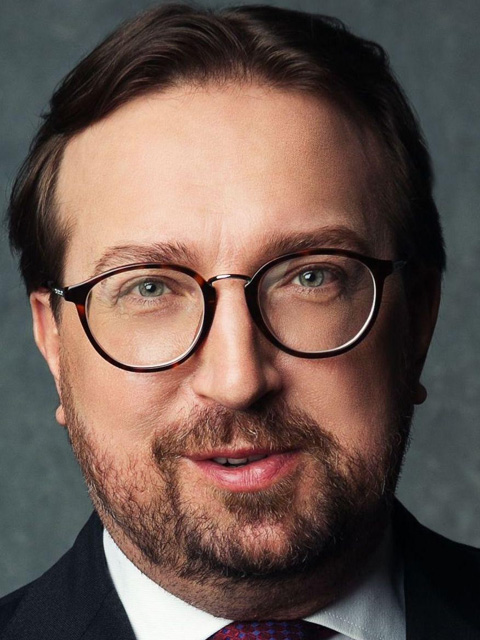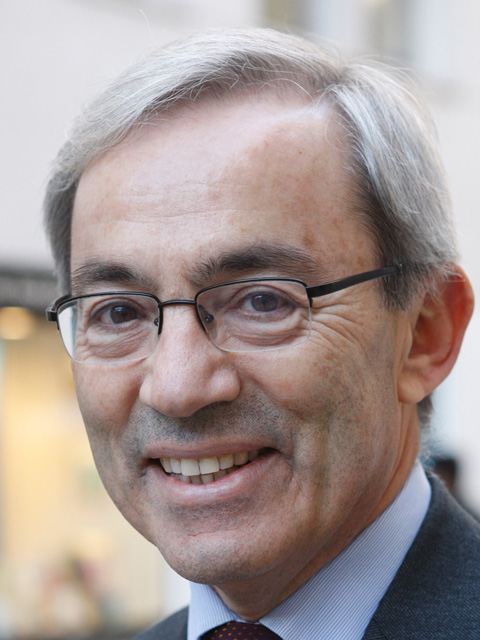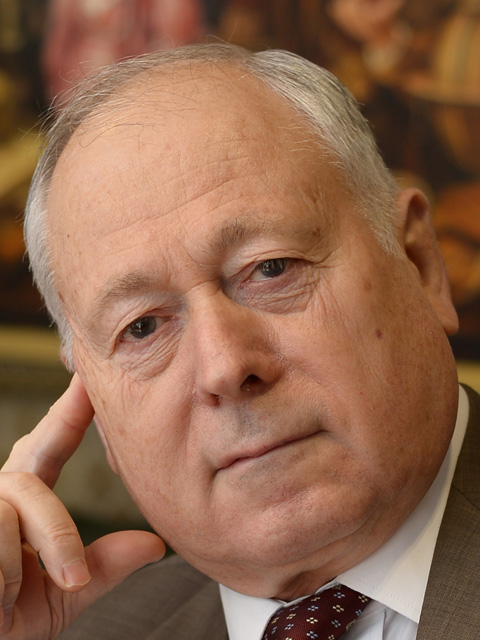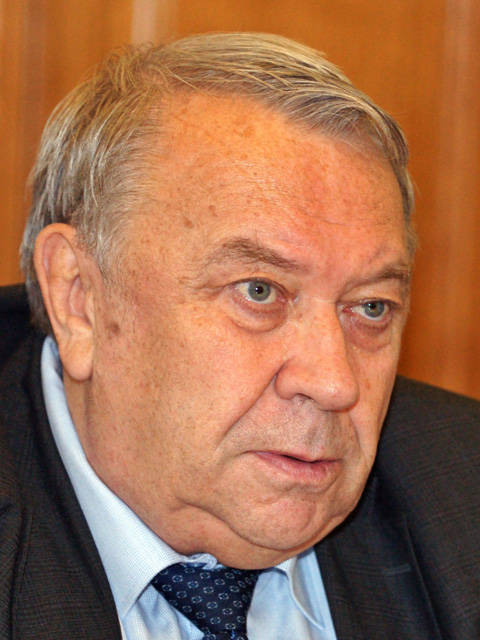WHAT WILL THE MID-21ST CENTURY LOOK LIKE?
The universal language of science has for many years enabled academics around the globe to communicate effectively and understand one another. In the wake of the prevailing new economic reality, society has to be ready to engage in constructive dialogue and a continuous search for innovative, breakthrough technologies. By combining the efforts of academics and practitioners, a comprehensive exchange of ideas, experience, and knowledge can be achieved, which will consequently support the further peaceful development of the international community. Why is it that, outside the world of science, it is often so difficult to reach mutual understanding? What is the role of academics in trying to find a universal language of communication? Will the best minds bring their efforts together to meet such a challenge?
Moderator:
Maxim Safonov ,
Deputy President, Russian Academy of Sciences; Professor, Russian Presidential Academy of the National Economy and Public Administration (RANEPA)
Panellists
Rodney John Allam ,
Nobel Peace Prize Laureate; Chief Technology Officer, Net Power LLC
Riccardo Valentini ,
Nobel Peace Prize Laureate; Presidential Advisor, Head of Far Eastern Climate Smart Project, Far Eastern Federal University; Head, CMCC (The Euro-Mediterranean Centre for Climate Change)
Anatoly Dmitrievsky ,
Member of the Russian Academy of Sciences
Jean Jouzel ,
Nobel Price for Peace; Vice President, Intergovernmental Panel on Climate Change (IPCC)
Valentin Parmon ,
Member of the Russian Academy of Sciences
Christopher Pissarides ,
Nobel Memorial Prize in Economic Sciences Laureate; Professor of Economics, London School of Economics and Political Science (LSE)
Alexander Rasumov ,
Member of the Russian Academy of Sciences
Vladimir Fortov ,
President, Russian Academy of Sciences
Rae Kwon Chung ,
Nobel Peace Prize Laureate; Advisor to the Chairman, High-Level Experts and Leaders Panel on Water and Disasters, United Nations








